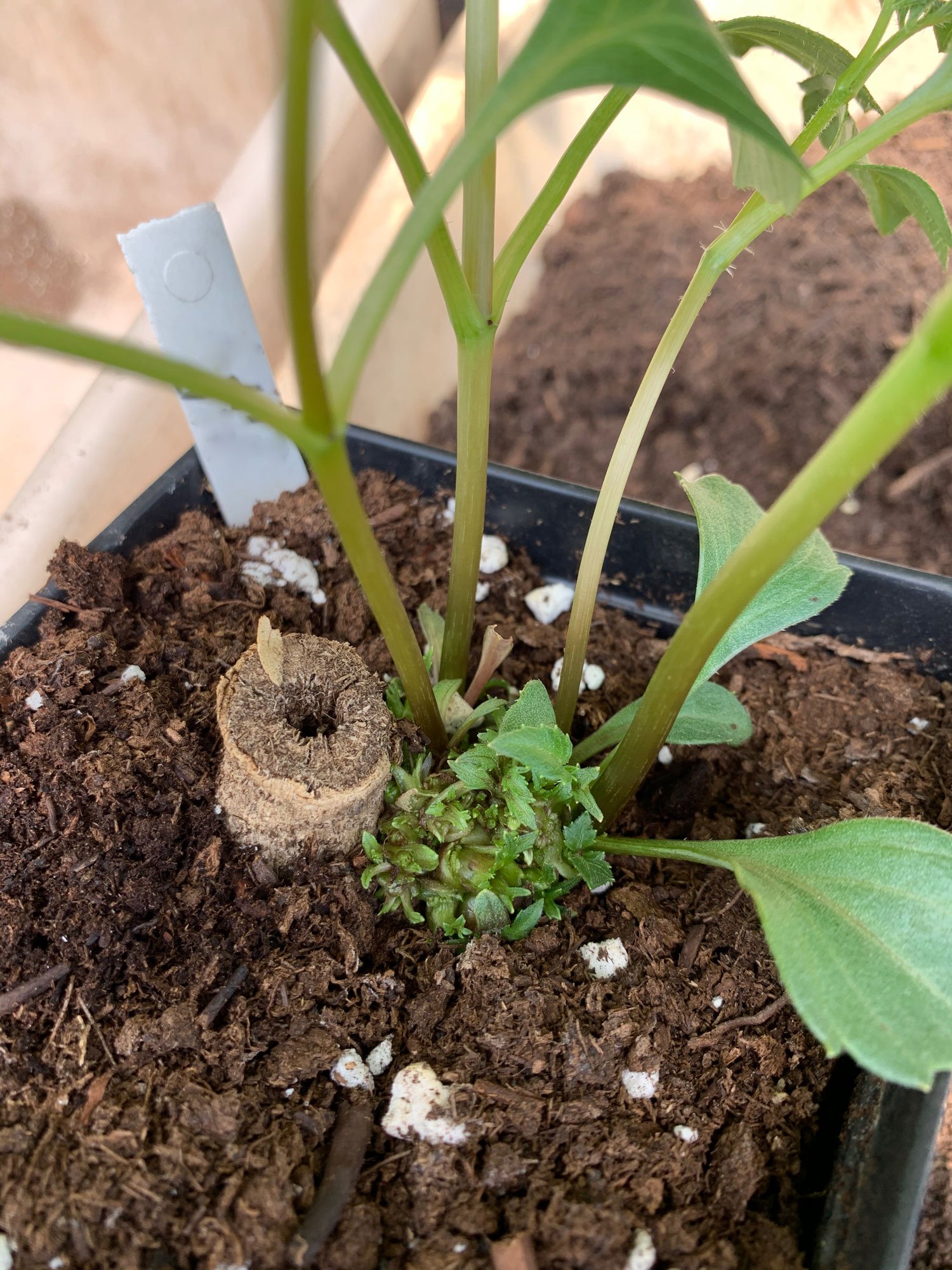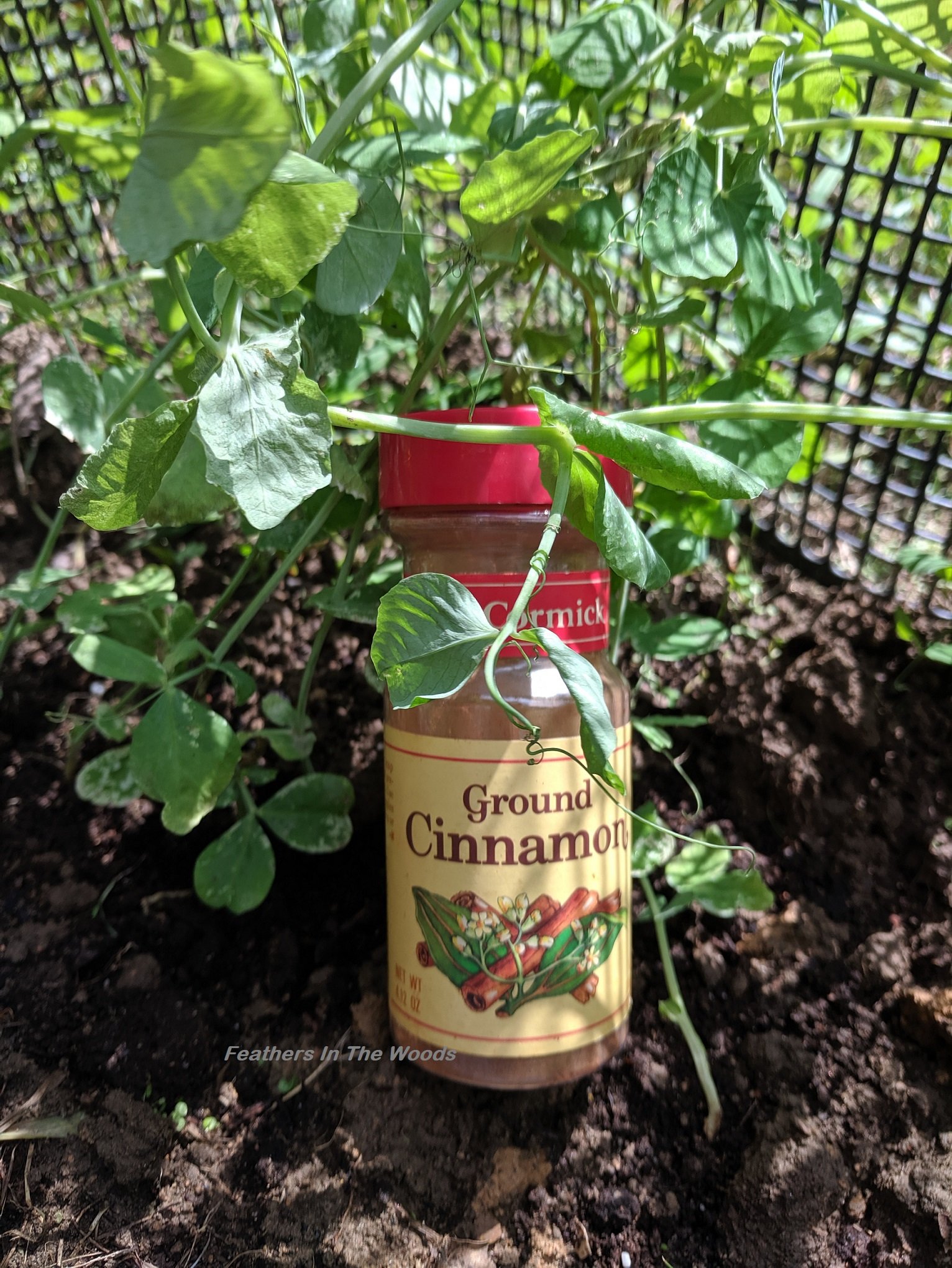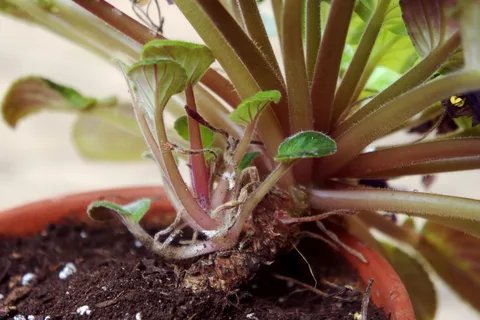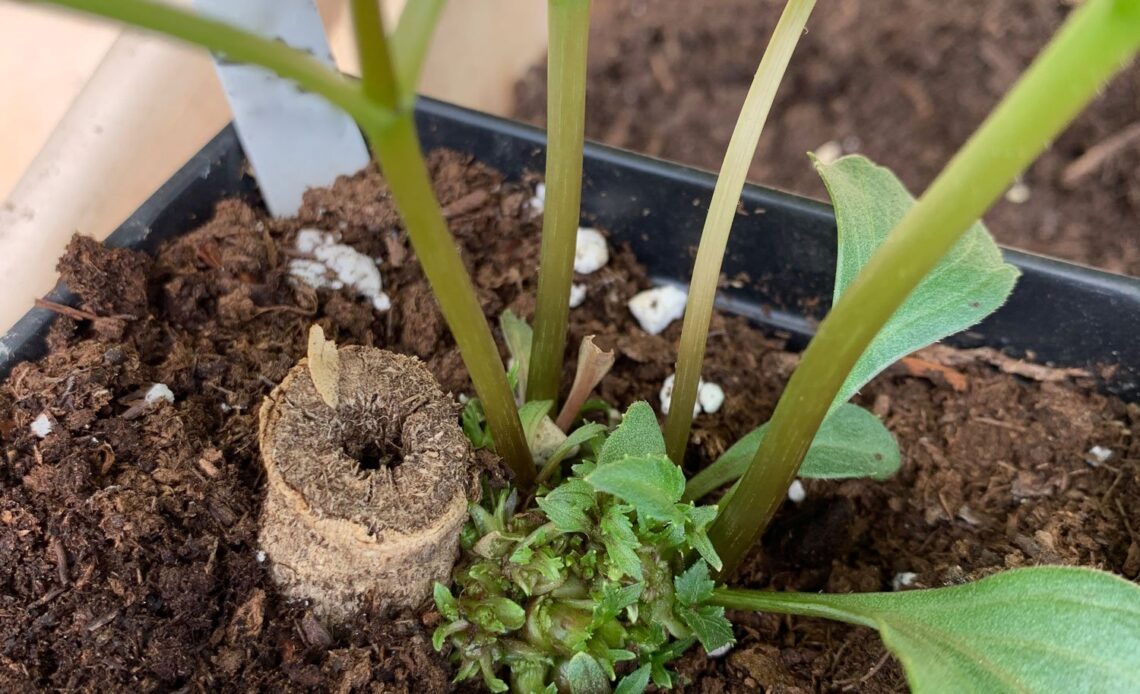Cinnamon is a spice known for its warm, sweet flavor and is widely used in cooking and baking. However, it turns out that this common kitchen staple can also work wonders in the garden. Many gardeners swear by cinnamon for its ability to improve plant health and protect against pests. In this article, we will explore six key benefits of using cinnamon in your garden and how it can help you grow healthier plants.
### **1. Natural Fungicide for Plants**

One of the most well-known benefits of cinnamon for gardeners is its ability to act as a natural fungicide. Cinnamon has antifungal properties that help combat harmful fungi and prevent the growth of mold or mildew on your plants. Simply sprinkle cinnamon powder on the soil or around the base of your plants to keep fungal diseases at bay. It’s a great solution for preventing root rot and other fungal issues that can damage your plants.
**How to Use Cinnamon as a Fungicide:**

– Sprinkle ground cinnamon on the soil around plants that are prone to fungal issues, such as seedlings and young plants.
– Dust it on the surface of the soil to protect roots from fungal growth.
### **2. Prevents Pests and Insects**
Cinnamon is a powerful natural repellent for many common garden pests. Its strong scent is known to keep ants, cockroaches, and other insects away. Sprinkling cinnamon powder around your plants can help deter these pests and prevent infestations. It is also safe for the environment, making it an eco-friendly alternative to chemical pesticides.
**How to Use Cinnamon as an Insect Repellent:**

– Sprinkle cinnamon powder around your garden, particularly near plants that are susceptible to insect damage.
– For indoor plants, you can place cinnamon sticks in pots to deter insects.
### **3. Promotes Root Growth in New Plants**
Cinnamon isn’t just useful for preventing problems; it can also encourage healthy growth. When you’re planting new cuttings or seedlings, cinnamon can help stimulate root development. It contains compounds that encourage the formation of new roots, making it an excellent rooting agent. Just dip the cutting ends in cinnamon powder before planting them in soil to boost root growth.
**How to Use Cinnamon for Rooting:**
– Dust the cut end of a plant cutting with ground cinnamon before placing it in the soil or water. The cinnamon helps the cutting establish roots more quickly and reduces the risk of rotting.
### **4. Helps with Seed Germination**
Cinnamon can also improve the germination rate of seeds. By sprinkling a little cinnamon on your seedling trays or directly on the soil, you create an environment where seeds are more likely to sprout successfully. The antifungal properties of cinnamon protect seeds from harmful mold or mildew that could otherwise hinder growth.
**How to Use Cinnamon for Seed Germination:**
– Dust the surface of the seed-starting soil with cinnamon before planting your seeds. This can help prevent the growth of mold and increase the chances of successful germination.
### **5. Keeps Plants Healthy and Vibrant**
Cinnamon not only helps prevent diseases but also supports the overall health of your plants. It promotes healthy root systems, which in turn lead to stronger, more vibrant plants. By using cinnamon regularly, you can help maintain plant vitality and keep your garden looking lush throughout the growing season.
**How to Use Cinnamon for Plant Health:**
– Sprinkle cinnamon on the soil around your plants to boost health and vitality.
– Apply it as a preventative measure to keep plants strong and disease-free.
### **6. Encourages Seedling Protection**
Young seedlings are often vulnerable to pests and disease, making them a delicate part of your garden to protect. Cinnamon provides an extra layer of defense against these threats. Not only does it help protect seedlings from fungal infections, but it also discourages pests from attacking tender young plants. The antibacterial and antifungal properties of cinnamon make it an excellent safeguard for new growth.
**How to Use Cinnamon for Seedling Protection:**
– Dust seedlings with cinnamon powder when they are still small to help protect them from pests and fungal infections.
– Sprinkle cinnamon around seedlings to deter ants and other insects from disturbing them.
### **How to Apply Cinnamon in the Garden**
Now that you know the key benefits of cinnamon, you might be wondering how to incorporate it into your gardening routine. Here are a few ways to use cinnamon effectively:
– **Sprinkle directly on the soil**: Sprinkle a thin layer of cinnamon powder on the surface of the soil around your plants, particularly those that are prone to fungal diseases.
– **Mix with water**: Create a cinnamon spray by dissolving cinnamon powder in water and applying it to your plants. This can help with pest control and prevent fungal growth.
– **Use on seedlings and cuttings**: Dip the cut ends of plant cuttings in cinnamon powder to encourage root development and protect them from rot.
### **The Magic of Cinnamon in Your Garden**
Cinnamon is not just for your kitchen – it’s a versatile and powerful tool for gardeners looking to improve plant health, prevent pests, and encourage growth. With its antifungal, antibacterial, and pest-repelling properties, cinnamon is an excellent natural alternative to harsh chemicals. By incorporating cinnamon into your gardening routine, you can create a healthier, more thriving garden.
So, the next time you’re in the garden, reach for the cinnamon jar. It’s time to harness the power of this simple spice to help your plants grow better, stronger, and healthier
